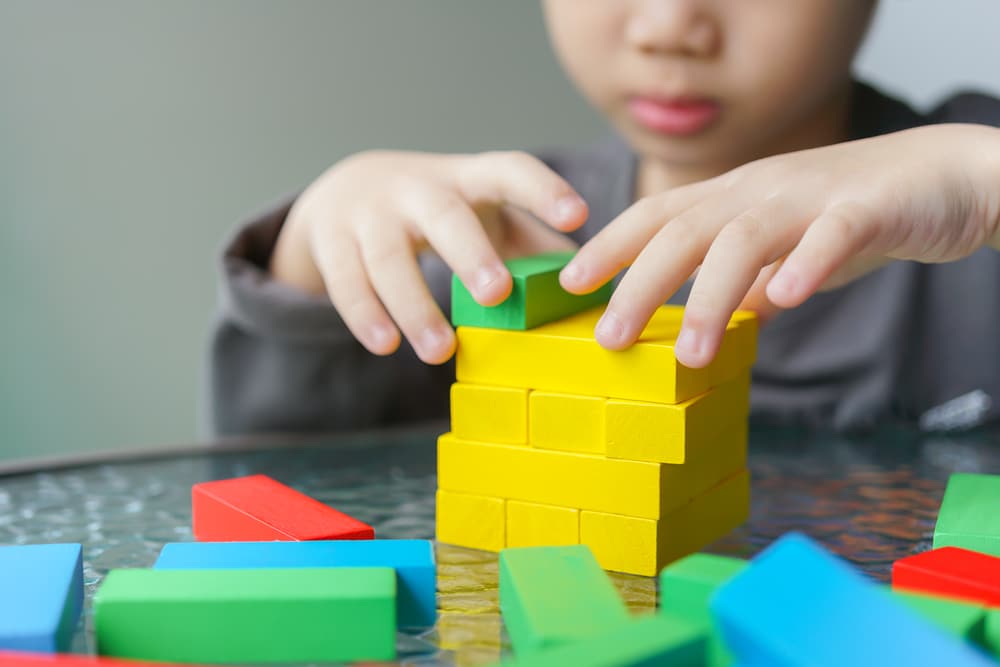People pay an immense amount of attention to child upbringing. In Asia, we take that to a whole new level. Not only are kids often subjected to a long and arduous scheduled filled with after-school tutoring sessions and extracurricular activities, but they are also constantly pressured to succeed academically (while out-competing their peers). But is this really the “correct” thing to do for helping their long-term success? Cognitive science has one or two things to say about this matter, and provides an invaluable insight on maximising our children’s development scientifically.

Development of the Human Brain
The human brain goes through the most growth in the first 5 years of our lives. It creates millions of synpatic connections that help us understand our surroundings and learn how to communicate with others. In fact, the human brain gains about 95% of its adult weight by the age of 6. However, between the age of 11-12 and 19-20, the brain actually cuts connections in a process commonly described as “synpatic pruning”. To put it simply, brain is optimising its operations by simplifying connections & creating short-cuts. It also means that the period between age of 11 and 20 is the best time for us to begin specializing.
Success of Early Specialisation
If you think about real life examples, it’s actually quite easy to understand this principle. Take language study, for example: learning a second language becomes much more difficult after reaching puberty. Acquiring crafts and skills work just the same way as learning a language: the earlier you start, the better you can become. The only issue is that most 10 year olds have no clue what their calling is. However, if and when our kids are “old enough” (around age of 15 or so) to know what they like and want to do, it could be of substantial help if we provide enough resource and time for them to develop those skill sets.
This makes in both theory and in real life examples. Michaelangelo, the iconic Renaissance man with lasting legacies in science and art, began his apprentice ship at the age of 13. Warren Buffett, arguably the best investor that ever lived, grew up running small businesses and studying annual reports at his father’s brokerage office. Bill Gates, the founder of Microsoft, used to sneak out of his house at night to spend hours coding at his high school’s computer lab. Li Ka-Shing, the Chinese manufacturing titan who now has his fingers in virtually every industry imaginable, learned business while working at a plastic trading company before the age of 15. Germany, a global the manufacturing powerhouse, has one of the highest wages in the world because it segments its citizens at the age of 12 on whether they will go to college or work at a factory, etc. The list is endless.
Paradox of Education System
The lesson from this simple. If our children have figured out their callings, they need to be going all in. An early start helps them to learn more amount at a faster pace, resulting in a significant advantage compared to those who spend 20 years in the same area at a later stage in life.
The problem, however, is that we do not allow high schoolers to specialize. Through our cultures and institutions, we force teenagers to be jack of all trades. Any reasonable person should realise that not everyone can be good at everything they do.
Encourage Your Children to Pursue Their Calling Fully & Early
If all of this makes sense to you, you may wonder how to actually go about doing this. It’s actually rather simple. Until the age of 11, we should expose our children to as many things as possible. Doing so can maximise the probability that they discover something they are both really interested in and are good at. Then, we should give them as much support, resource and flexibility as feasible to pursue that calling.
Of course, that calling may evolve and change over time. However, what’s important is to help our children make their own decisions and deal with the consequences (good and bad), so that they can develop critical thinking while honing certain skill sets.
To conclude, let’s consider a hypothetical scenario. Let’s say there are two high schoolers, on whose future success you can make a bet. The first one is a valedictorian who gets all A’s at school but has no idea what he wants to do in life, with no particular interest in anything. The second one is a good student who makes responsible decisions and pours her heart into everything she does. Who would you rather bet on? I would hope that you would bet on the latter.
Please share your thoughts with us in the comment section below.
The article Cognitive Science On How Your Children Can Be the Best in What They Do originally appeared on ValuePenguin.
ValuePenguin helps you find the most relevant information to optimise your personal finances. Like us on our Facebook page to keep up to date with our latest news and articles.
More From ValuePenguin:
- Best Credit Cards with Promotion and Bonus 2017
- Best Personal Loans in Singapore 2017
- Best Travel Insurance 2017
Source: ValuePen
